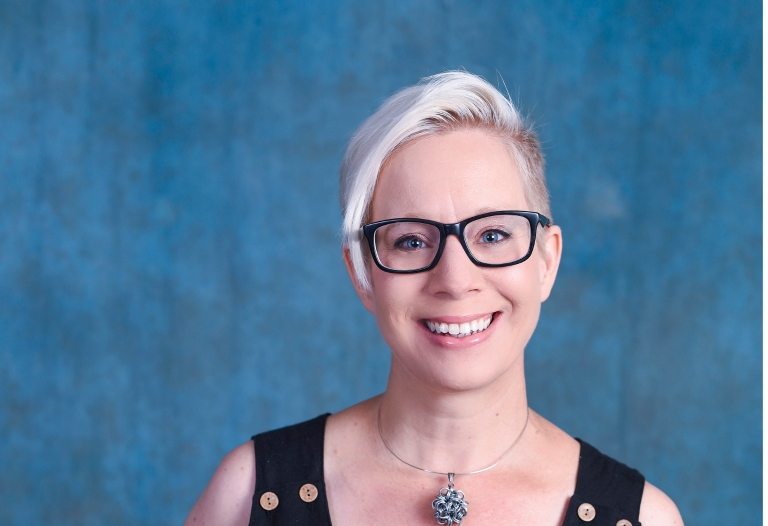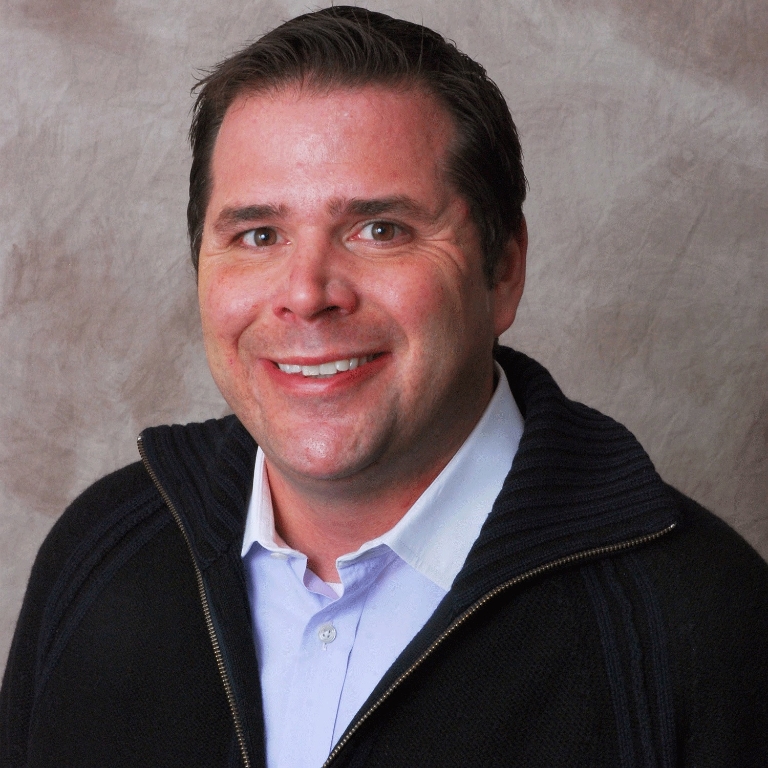Indiana University researcher Brian Dodge, associate director of the Center for Sexual Health Promotion at the School of Public Health-Bloomington, and Wendy Bostwick, associate professor at the University of Illinois at Chicago College of Nursing, recently guest edited a special section of Archives of Sexual Behaviorfocusing on bisexual health research. This is the first time the journal has dedicated a section to health concerns specifically faced by bisexual people.

Dodge and Bostwick have devoted much of their research careers to health among understudied and underserved sexual and gender minority individuals and communities, with an emphasis on diverse groups of bisexual people. Both researchers are continually frustrated to see bisexual health, and bisexuality in general, as “new” in both scientific research and popular culture.
“Whether it’s the media or prior sexuality research, bisexuality is constantly presented as new,” Dodge said. “What that does is negates the fact that it has been here since the dawn of time and distracts from more important issues — including why bisexual individuals face higher rates of negative health outcomes (such as depression, anxiety, suicidality and substance use) as well as poverty, sexual abuse and assault, intimate partner violence and other structural challenges when compared with heterosexual and gay/lesbian individuals. It also trivializes bisexuality and makes bisexual individuals, who actually make up the largest proportion of the LGBTQ+ community, feel invisible.”
Bostwick and Dodge’s “Introduction to the Special Section on Bisexual Health: Can You See Us Now?” provides the backdrop for highlighting “the next generation of bisexual research.” Instead of presenting further research “proving” bisexuality exists, Bostwick said, the research in the special section seeks to further our understanding of the status of bisexual people’s physical, mental and overall health. It includes over a dozen quantitative, qualitative and mixed methods research contributions from renowned researchers across North America and elsewhere focusing on a wide range of issues related to health and well-being among diverse groups of bisexual individuals.
“The research is meant to frame bisexual health and bisexual populations’ experiences more broadly than just who and how many bisexual people are there, though that work matters, too,” Bostwick said. “We wanted to present research that moves the field of bisexual health forward, either through its consideration of groups that have not been the focus of much research, e.g., aging bisexual adults, transgender bisexual people, bisexual-identified men; through its focus on new measures; or through its use of analytic approaches or techniques that are newer to bisexual health specifically.
“The better we are able to understand those factors that influence and contribute to health inequities among bisexual groups, the better we are then able to build intervention and prevention programming at individual, interpersonal and community levels.”
Dodge and Bostwick have dedicated the special section to the memory of their colleague Judith Bradford, former co-director of The Fenway Institute and pioneer in LGBT health research in the U.S. who passed away in 2017. Bradford organized an international bisexual health research roundtable in 2014 that resulted in the formation of the Bisexual Research Collaborative on Health. That collaboration led to many of the papers featured in the journal.

“My hopes for this emerging work are to continue Judy’s work of bringing bisexual health research specifically to fore,” Dodge said. “Through our production of the special section, we found there are a number of researchers working with big data sets as well as diverse subgroups of bisexual people who we may not have otherwise connected with. That makes me hopeful, and I think Judy would be proud.”
This story is adapted from news item “IU researcher contributes to prominent journal’s first special section focused on bisexual health” by April Toler, Indiana University Communications, published on January 8, 2019.